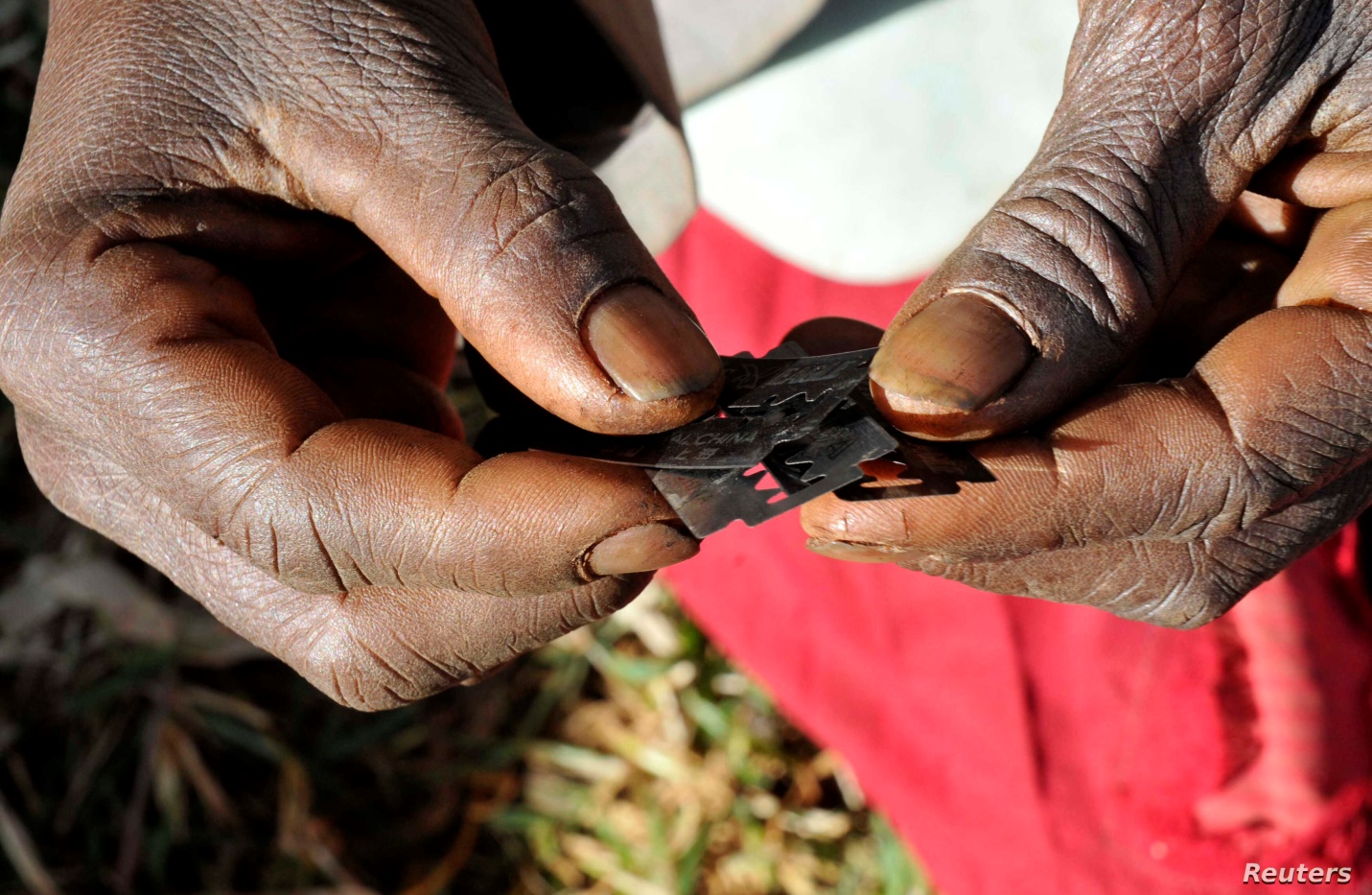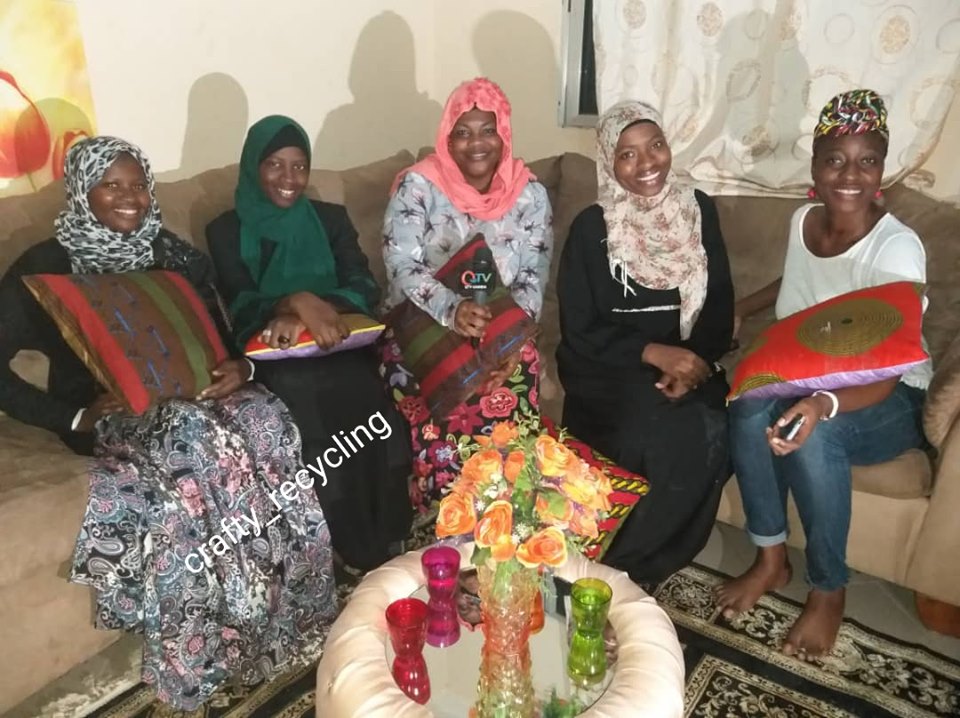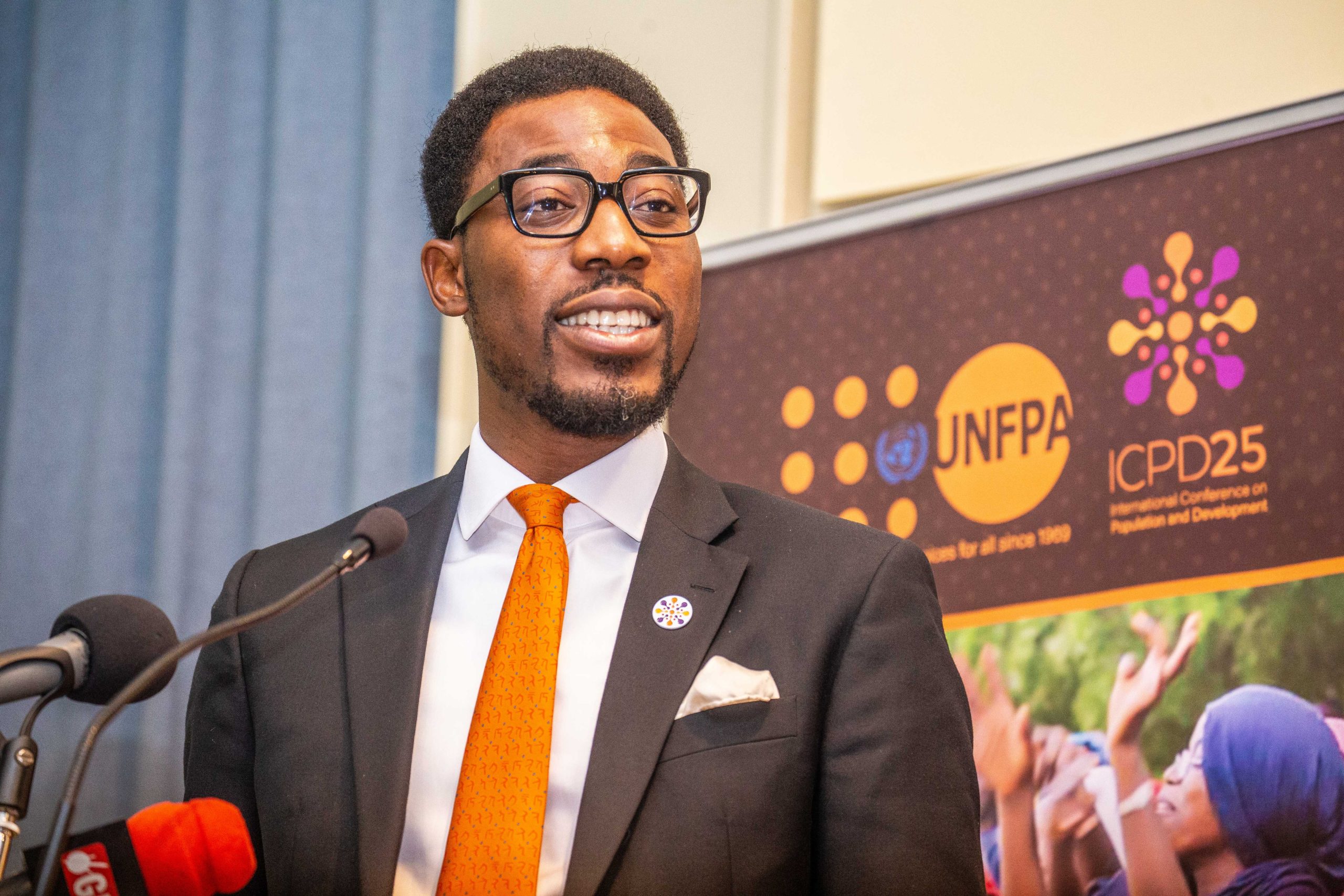Female Genital Mutilation remains a deeply rooted practice in The Gambian society, according to 2020 human rights report on Gambia by US Department of States.
The Gambia banned FGM in 2015, but the traditional practice still remains unending.
“FGM/C cases are very seldom reported, either because individuals do not agree with the law or because they are uncomfortable reporting family or community members engaged in the practice to authorities,’ the report said.
According to UNICEF and NGOs, 76 percent of girls and women between ages 15 and 49 had been subjected to FGM/C. NGOs, including the Gambia Committee on Traditional Practices Affecting the Health of Women and Children, Wassu Gambia Kafo, Safe Hands for Girls, and Think Young Women, were at the forefront of combatting FGM/C in the country.
Meanwhile, the report has shown that The Gambia prison conditions in 2020 “were harsh and life threatening due to food shortages’ and ‘gross overcrowding and physical abuse with inadequate sanitary conditions”.
The report said “overcrowding was a problem, particularly in the remand wing of the state central prison, Mile 2 Prison in Banjul” where it said “detainees were held pending trial.”
According to the NGO World Prison Brief, authorities in 2019 held 691 prisoners in facilities designed for 650. Food quality and access to potable water, sanitation, ventilation, lighting, and medical care remained inadequate.
“There were credible reports teenagers as young as age 15 were held with adults in pretrial detention facilities.Administration: Authorities conducted investigations of credible allegations of mistreatment (see section 1.c., Torture and Other Cruel, Inhuman, or Degrading Treatment or Punishment).
“Independent Monitoring: The government granted unrestricted access to all prisons to the Office of the Ombudsman, the TRRC, and local and international nongovernmental organizations (NGOs),” the report said.





